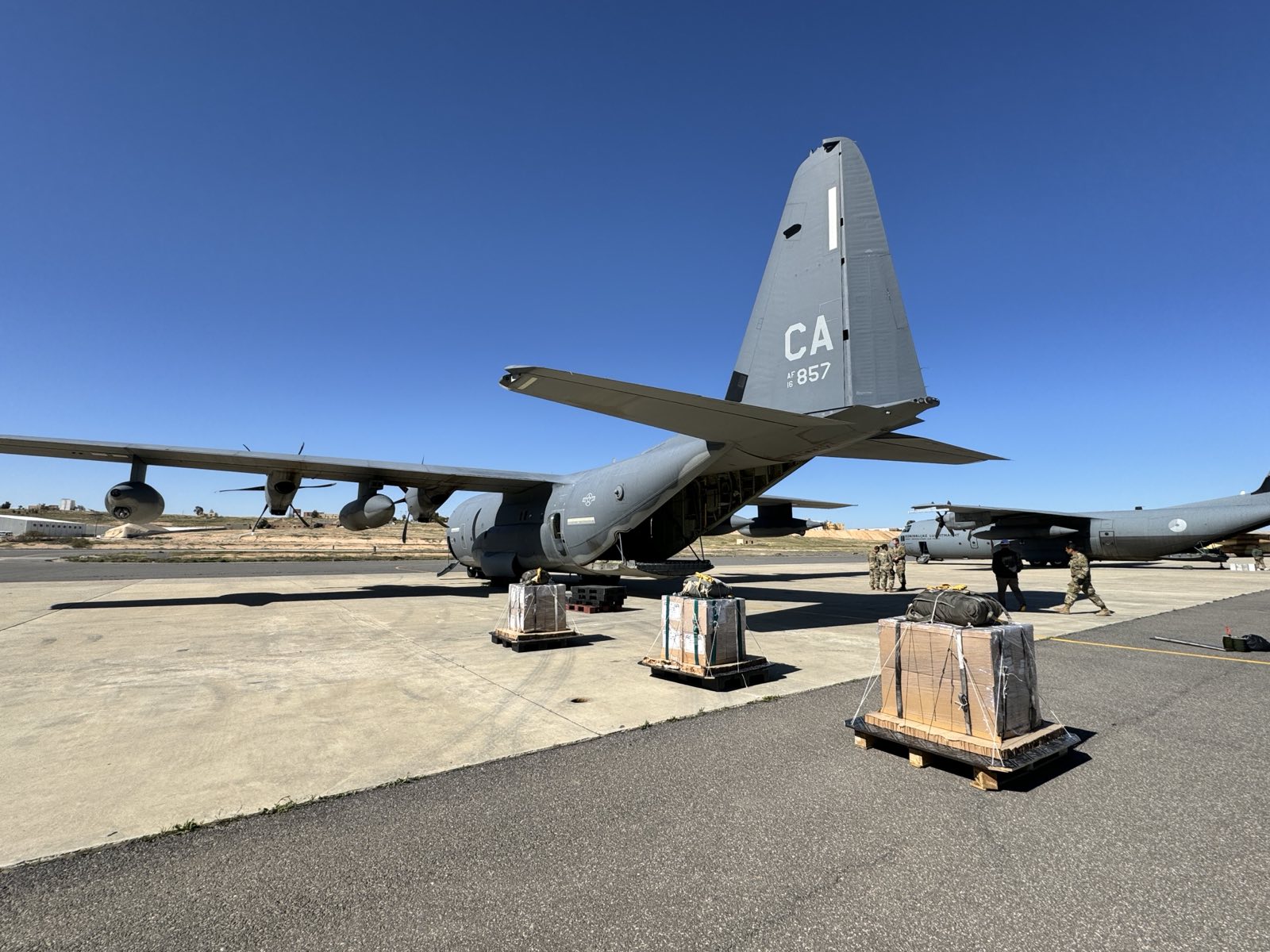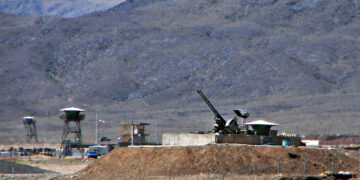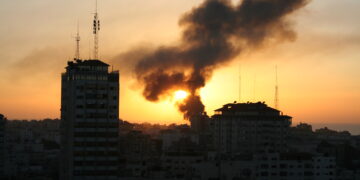June 14, 2024
Doing something can be worse than doing nothing

Winston Churchill once argued that “perfection is the enemy of progress” — a statement that certainly does not describe the US pier operation in Gaza. While the publicly stated goal of alleviating the humanitarian suffering of Palestinians trapped in the small coastal enclave is commendable, the reality is that the project was a failure before it broke apart. Rather than opt for additional band-aid fixes, the Biden administration should simplify its approach — namely by pressuring Israel to allow aid into Gaza from land crossings while providing relief workers real security guarantees.
The humanitarian situation has deteriorated in Gaza since Israel’s invasion following the Hamas attacks of October 7. An ongoing Israeli and Egyptian blockade of the territory — which the Israeli government hardened in October — has most of the roughly 2.5 million Palestinians in Gaza struggling to survive. According to the United Nations, 1.1 million Palestinians face catastrophic levels of food insecurity, or famine conditions, with another 1.7 million displaced.
Washington has pressured Israel to open more land crossings into Gaza, albeit sporadically. The Biden administration also began working with regional partners to conduct airdrops into the enclave.
Both efforts proved to have serious limitations due to Israeli slow-rolling and the inefficiency of airdrops, leading Biden to announce plans to deploy the temporary pier operation. The administration stressed that no US troops would be on the ground in Gaza for the operation. It also argued the pier would cost roughly $180 million initially, with those costs increasing to $320 million over time.
More on Middle East

Featuring Rosemary Kelanic
October 16, 2025
Featuring Daniel Davis
October 15, 2025
Events on Israel-Hamas







